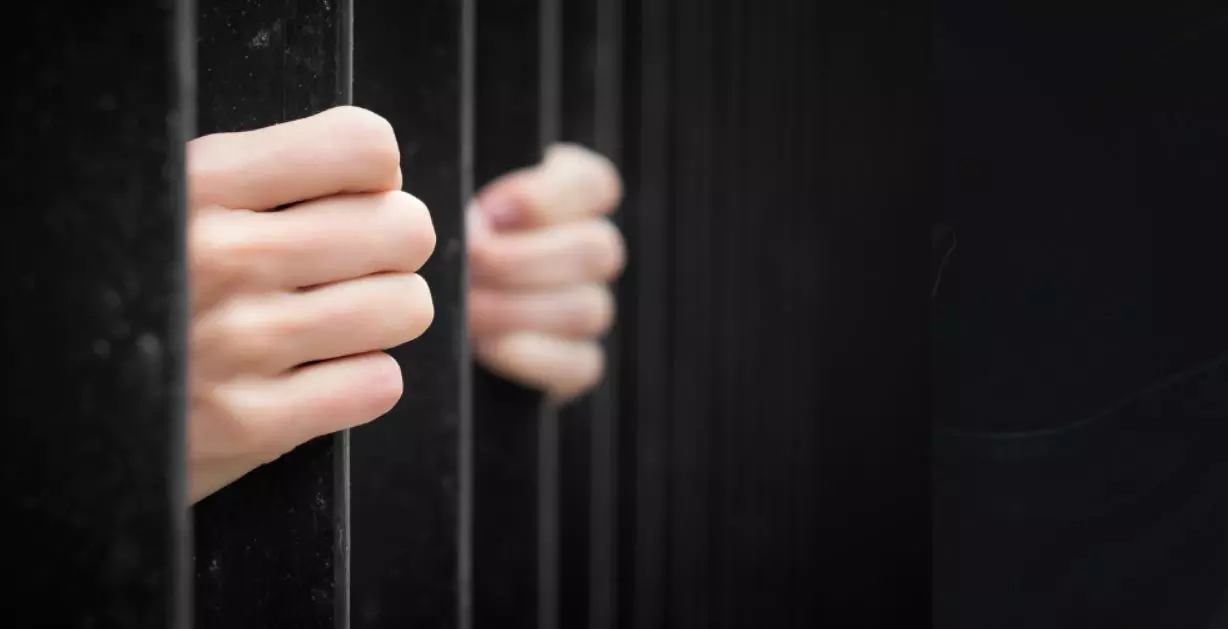Juvenile rapist jailed for 10 years

New Delhi: A court here has sentenced a juvenile to rigorous imprisonment of 10 years for raping a 10-year-old girl in 2017, saying he could not be released at the present stage and required reformation.
Observing that there was "absolute chaos, confusion and uncertainty" regarding the role of various officers in rehabilitating the children in conflict of law (CCL), the court also directed the Delhi government to issue a standing order to address various concerns regarding juvenile cases. Additional Sessions Judge Susheel Bala Dagar was hearing the arguments on sentencing against the juvenile, who was earlier convicted under Section 6 (aggravated penetrative sexual assault) of the Protection of Children from Sexual Offences (POCSO) Act. He was also convicted of the penal offence of kidnapping. According to the prosecution, the child in conflict with law who was around 17 years old at the time of committing the offence forcibly took the victim to his house and raped her on June 4, 2017. In its verdict pronounced on Tuesday, the court after considering the mitigating and aggravating circumstances sentenced the child in conflict with law to 10 years rigorous imprisonment under Section 6 of the POCSO Act and seven years rigorous imprisonment for the offence of kidnapping. The court said the sentences would run concurrently.
The court also awarded Rs 10.5 lakh compensation to the victim. Meanwhile, the court while castigating the authorities concerned said that despite the juvenile staying in an observational home for 79 days, his Individual Care Plan (ICP) and rehabilitation card were not prepared nor did any probation officer work on the case after his release on bail.
"This demonstrates the failure of the Juvenile Justice (JJ) system and non-adherence to the legal provisions of the JJ Act and JJ Model Rules. Perfunctory reports in the name of ICP and periodic review have been submitted from time to time on the initiative of the court and they are of limited value because they are not a product of any rehabilitative process...," the court said. The court said that there was "absolute chaos, confusion and uncertainty" regarding the roles of the various officers in implementing the scheme of rehabilitating CCLs. "There seems to be no role clarity and neither here appears to be any attention accorded to such matters at the operational level," the court said. The court directed the secretary of Delhi government's women and child development (WCD) to issue a detailed standing order to address "operational difficulties, issues of non-compliance with the provisions of JJ Act and its rules, procedural ambiguities, suitability of various forms and reports etc. and other issues of concerns pertaining to cases of CCL coming before children's courts".
Citing the Juvenile Justice (JJ) Act, the court noted that when a CCL was being tried as an adult offender, the court had to determine whether the juvenile had been reformed at the time of passing the final order, and that a reformed CCL could be released at the age of 21 years based on the reformations.
According to the act, while sentencing a CCL, reformation and rehabilitation were prime concerns and the court was not required to provide a maximum sentence. "Keeping in view the facts and circumstances and as per the earlier reports received from the concerned superintendents, the CCL has not undergone any correctional therapies for his reformation and rehabilitation nor undergone any vocational courses or continued his studies…The CCL cannot be released, rather he requires reformation," the court said.
The court said that the notion of prison discipline was based on deterrence and reformation and prison was more of a correctional or improvement facility with emphasis on reforming the prisoner through punishment.

